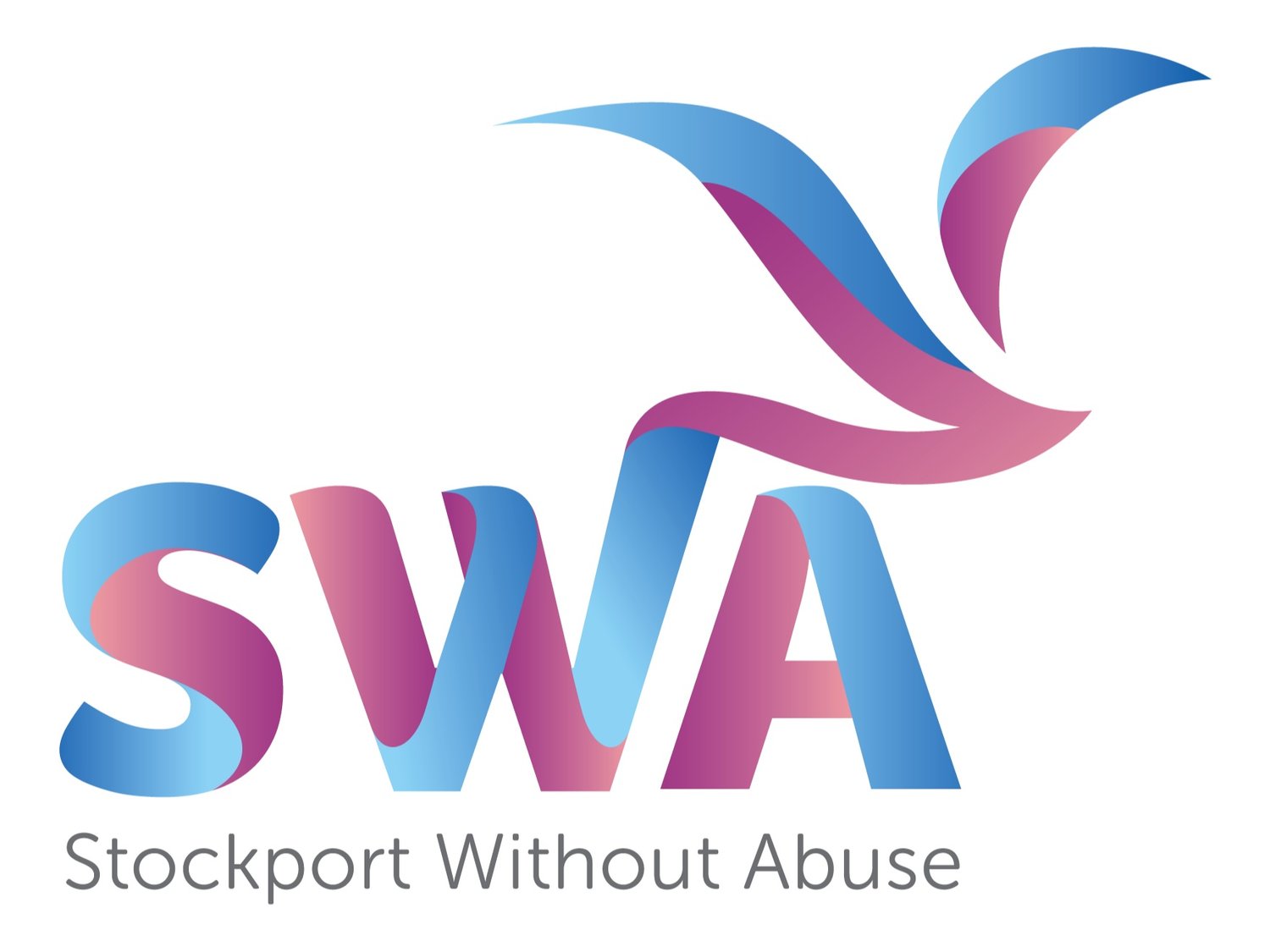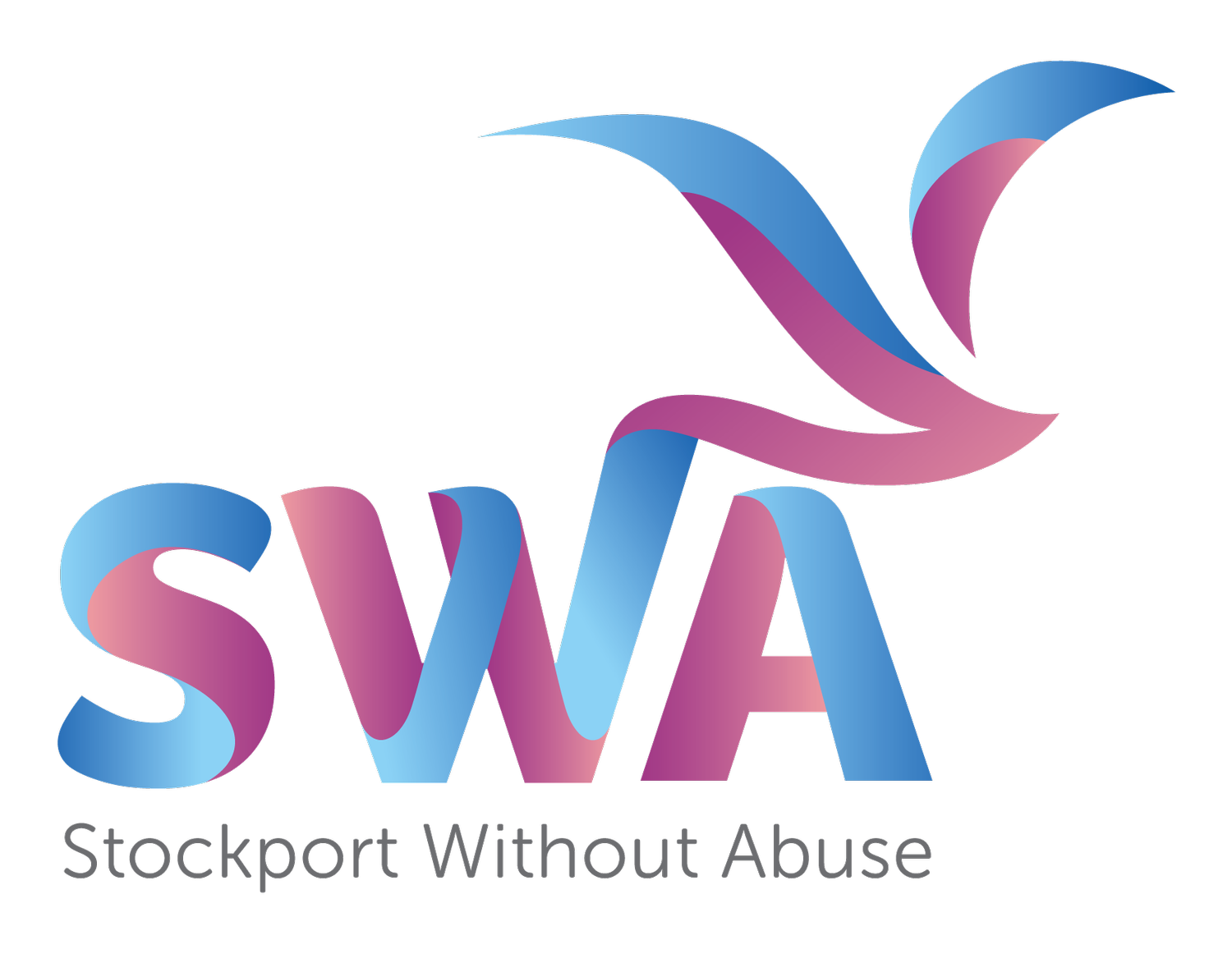Financial abuse
Financial abuse, also known as economic abuse, is a pattern of controlling or coercive behavior that seeks to exploit and manipulate a partner's financial resources and autonomy. It can take various forms, including but not limited to:
Controlling Finances: The abuser takes control of the victim's financial resources, including bank accounts, credit cards, and income.
Withholding Money: Denying the victim access to funds needed for basic necessities such as food, clothing, or shelter. This can also include denying financial support for children.
Forced Debt: Accumulating debt in the victim's name without their knowledge or consent.
Financial Isolation: Cutting off the victim from family and friends, making them financially dependent on the abuser.
Sabotaging Employment: Interfering with the victim's ability to work or maintain stable employment.
Threats and Coercion: Using financial threats or blackmail to control the victim's actions.
Signs of Financial Abuse:
Recognising financial abuse is crucial for breaking free from its grasp. Here are some common signs to be aware of:
Lack of Financial Control: The victim has limited or no control over their finances, even though they contribute to the household income.
Restricted Access: The abuser withholds money, bank account information, or credit cards from the victim.
Forced Debt: The victim is unaware of or burdened by significant debts in their name.
Isolation: The abuser isolates the victim from friends and family, creating dependency.
Employment Interference: The abuser interferes with the victim's job or career, making it difficult to maintain employment.
Seeking Help and Regaining Financial Independence:
If you or someone you know is experiencing financial abuse, it is essential to seek help and regain control over your finances. Here are steps to consider:
Reach Out: Share your situation with a trusted friend, family member, or professional who can provide emotional support.
Document the Abuse: Keep records of financial transactions, threats, and any evidence of financial abuse.
Financial Support: Seek financial support to regain control over your finances and create a budget.
Open a Separate Account: If possible, open a separate bank account to regain financial independence, however ensure this is done safely.
Legal Assistance: Consult with a solicitor or advocate about legal options, such as protective orders or divorce proceedings.
Support Groups: Join support groups or organizations that specialize in helping victims of financial abuse.
Safety Plan: Develop a safety plan with professionals to ensure your overall well-being and that of your dependents.
Financial abuse is a violation of one's financial autonomy and independence, and it can have long-lasting effects on a person's life. Remember, you are not alone, and help is available. Reach out to local resources and support networks to start your journey toward regaining financial stability, independence, and a life free from abuse. Your financial well-being and future deserve to be protected and nurtured.

